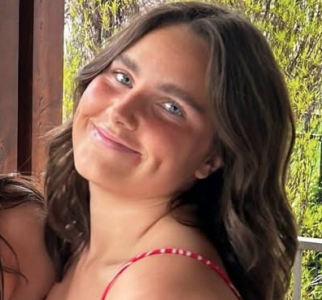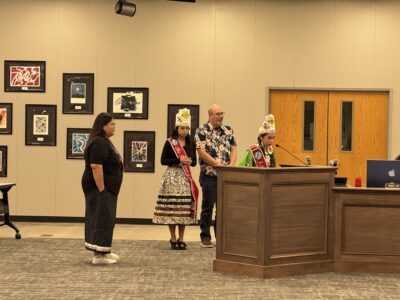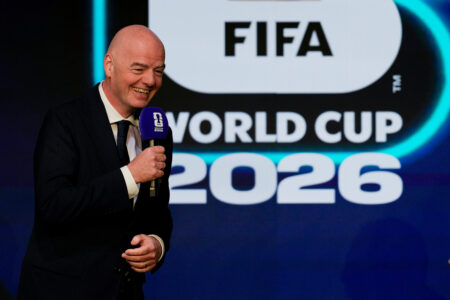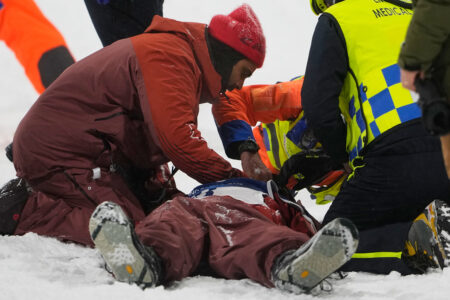Music therapy gives gift of self-expression to Lawrence man after stroke

photo by: Chansi Long
Emily Bachert plays guitar during a music therapy session with Bob Lominska. Lominska's wife, Joy Lominska, is at left.
Soft southern light pours through the window as Bob Lominska sits at one end of his dining room table, singing “Home on the Range.” At the other end of the table is Emily Bachert, his music therapist. Both wear masks and sing in harmony. Lominska can carry a tune, and he knows the song well. There’s a chance he sang it decades ago when he worked in a kindergarten classroom and would sing to the children. Whether he sang the song in that scenario or not is not something he could readily tell you, however.
Lominska, of Lawrence, is a two-time left-brain stroke survivor. According to the Centers for Disease Control and Prevention, more than 800,000 Americans suffer from a stroke each year. About 80% of stroke victims survive, but they are often left with debilitating conditions, like severe language impairments. Lominska’s stroke gave him Broca’s aphasia, which means he’s been deprived of almost all expressive language abilities. After the stroke, he was unable to retrieve and recite the names of his children and grandchildren. Six years after his first stroke, he still cannot say their names, but he can sing them.
Expressive and receptive language skills are both housed in the left hemisphere of the brain. Damage to that area can result in the decimation of language. The ability to both produce and respond to music resides in the brain’s right hemisphere, which can remain completely intact after a left-brain stroke. It’s theorized that music intonation therapy can facilitate language expression in left-brain stroke survivors by drawing on the uninjured right brain’s language-capable regions.

photo by: Chansi Long
Emily Bachert sings a song to Bob Lominska during a recent music therapy session.
A board-certified music therapist, Bachert, of Harmonic Connections, meets with Lominska twice a week to sing, chant, play guitar, use percussive instruments and socialize through music.
“In Bob’s sessions, we work on expressive communication — recalling words, names, labels, phrases and information,” Bachert says. “What we do in a particular session might provoke a memory, which then provides an opportunity to talk about what Bob is remembering in the moment. But eliciting a memory is not the main focus; expressing it is.”
Bachert uses melodic intonation therapy treatments to help patients like Lominska recall information and recite phrases, names and addresses.
“As the music therapist, I set functional words and phrases we are working on to a unique melody and rhythm,” Bachert says. “An example of this (is) recalling Bob’s grandchildren’s names; four names are put to one melody. … With stroke patients, other phrases you may be working on may be requesting items, remembering birthdays, greetings and functional phrases used in conversation such as ‘how are you?'”
One difficulty with melodic intonation therapy is that the phrases cannot be set to familiar melodies, like “Happy Birthday” or “Rock-a-bye Baby” because the music will prompt only the original lyrics of the song, not the preferred phrase. There are also limitations on how many phrases and new melodies one can both generate and remember, says Lominska’s wife, Joy Lominska.

photo by: Chansi Long
Joy Lominska helps her husband, Bob, search for the word he wants to communicate on his tablet during a music therapy session at their home.
“Melodic intonation — pairing a phrase with a tune — works up to a certain point, but you can’t think of a new tune for every single thing someone needs to say,” Joy says.
Lominska has a handful of musical phrases he uses: chants to recall his children’s names, melodies to recite his birthday and the phrases “I like to drive,” for when he wants to use his go-cart, and “I agree.”
In addition to improving his language expression, music therapy provides necessary social stimulation, Joy says.
“Language is not the only thing that music therapy does,” she says. “To me, it’s mental stimulation; it makes the brain alert, it helps you multitask, like singing and strumming a guitar; that’s very difficult once you’ve had a stroke.”
While intonation therapy focuses on improving receptive and expressive language ability, and improving memory recall, it also has other benefits, such as improved emotional well-being and enhanced overall alertness and orientation.
“You can lose the ability to focus with a stroke,” Joy says. “As opposed to all of the other therapies he has, this is the one that teaches Bob focus. It’s very motivating. When you’ve had a left-brain stroke, you’ve lost your way to get around a conversation. Bob was very social, but singing and music allow you to express yourself and connect with people.”

photo by: Chansi Long
Emily Bachert and Bob Lominska play a song on a digital guitar application during a recent music therapy session in Lominska’s home.
Stroke survivors are not the only ones who can benefit from music therapy, Bachert says. She works with people who have intellectual disabilities, autism, behavioral disorders, physical disabilities, Alzheimer’s disease or dementia and Parkinson’s disease.
During Lominska’s sessions, Bachert helps him play a digital guitar, sing familiar lyrics and engage in memory retrieval using his adaptive tablet device to recall favorite musicals and describe places evoked by the lessons.
“(Music therapy) engages him, lets him express his personality, lets him know he can still do things,” Joy says. “Bob can’t read and write anymore. He can’t drive a car. He can’t garden. He can still sing and sound good. He can sing better than some people who haven’t had a stroke.”
“I agree,” Lominska says.







